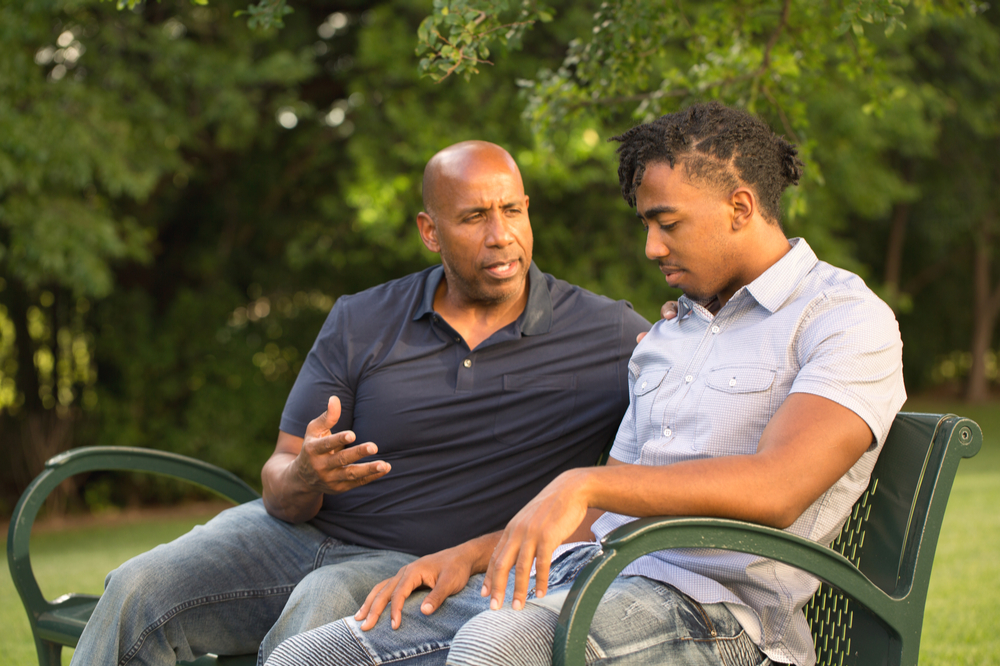What is Family Therapy?
A person living with a substance use disorder often finds themselves in conflict with the world around them. The drug or drink becomes their priority, and relationships invariably suffer as a result. Selfish behavior abounds.
Often the people who love the addicted person live in fear. Fear of unpredictable or angry behavior. Fear of being impacted by the consequences of drug use and the irresponsible decisions that come with it. Fear of getting a phone call or visit from the police late at night with terrible news.
Addiction has an area of effect. The actions of a person who is addicted also affect the people close to them; this is especially true when it comes to family. That is why family therapy is an important part of recovery.
So what is family therapy? It is therapy or counseling which involves a family rather than just the addicted person.
Marriage and family therapy programs improve communications and heal relationships. They do this by helping people hear one another and fostering understanding. Family roles in addiction make family therapy an important part of the recovery process.
How Does Family Therapy Help?
Family therapy is helpful in several ways. When a person goes to treatment for addiction, they are doing more than getting drugs out of their system and recuperating. They say recovery is an inside job, and it’s true. The physical part of recovery, though admittedly no picnic, usually isn’t the most challenging part of treatment.
Once the fog clears, the addicted person begins to assess their life. Therapy leads to insights into their own behavior. Being armed with new recovery tools changes their perception. They discover the impact their substance use has had not only on themselves but on the people they care about.
When the family receives therapy at the same time, it helps them understand family roles in addiction. It puts them on the path to recovery at the same time as the patient. There is no overestimating the value of that!
The progress made by the patient in treatment is much easier to sustain and build upon when their loved ones have a clearer understanding of addiction and recovery. Communication and understanding improve, which makes painful reckoning much easier. The family is better able to support the person in their newly minted recovery.
The benefits of family therapy aren’t isolated to the person with a substance abuse disorder, though—the entire family benefits. They learn how to understand and better express their feelings. They gain a greater understanding of addiction which helps them see the actions of their loved one in context.
For many, this will be their first introduction to therapy and the principles of recovery. That often leads to insights into their own dysfunction and may even ignite a journey of self-discovery for family members. When a family recovers together, it is better for everyone. It strengthens communication and creates an atmosphere conducive to understanding.
Healing for All
Family therapy is an essential part of recovery because it helps repair relationships and clear communication channels. Damaged relationships are a huge part of that “wreckage of the past” that people in recovery work to understand and mend. When the people closest to the recovering person know the language of recovery and have a stake in the process, it creates fertile ground for healing and growth. It is helpful not only to the person with a substance use disorder but to the family unit.
If you are looking for support for the whole family while your loved one is in recovery,

